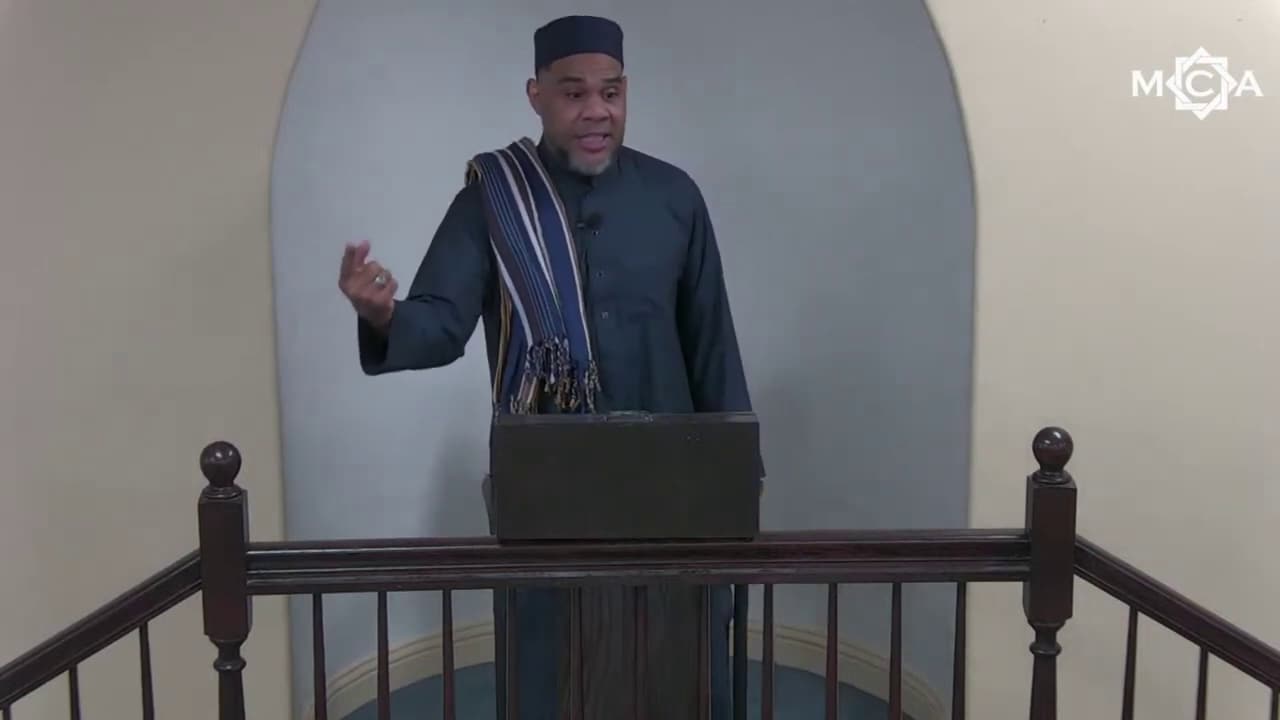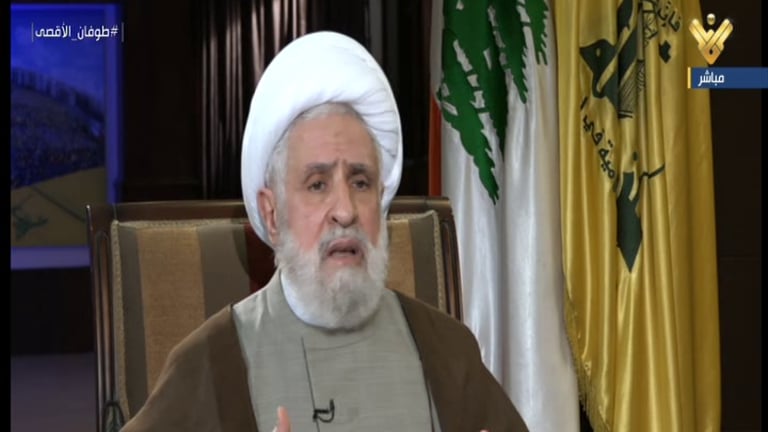
Following are excerpts from an interview with Syrian Foreign Minister Walid Al-Mu'alem, which aired on OTV on July 9, 2008.
Walid Al-Mu'alem: If they believe [Lebanon and Syria] have a common interest in establishing diplomatic relations, Syria has no objection. Since 2005, Syria has held this conviction. But now, after the establishment of a national unity government in Lebanon, the ground is fertile for holding talks with representatives of this government.
[...]
They tell you that Israel and Palestine cannot absorb [the refugees]. There are Jewish agencies throughout the world that finance the immigration of Jews from all corners of the world to Palestine, whereas the Palestinians, who own the land, cannot return to it. The claim that "They cannot absorb them" is false. The Palestinian have a greater right to return to Palestine than the Israeli immigrants from Australia, Canada, or India. That is why I say that the Right of Return is recognized by international legitimacy, and must be part of a comprehensive settlement.
[...]
Everybody should be concerned about religious fanaticism. The U.S., by invading Iraq, nurtured the religious and sectarian conflict there, and established its presence on the basis of this conflict. It wished to transfer [the conflict] to Lebanon and the entire region, because this conflict is much more difficult and dangerous than civil war. Therefore, I say that we must return to our roots. We live in the land to which Allah sent the prophets. We have all lived in this homeland as citizens, regardless of our religious or ethnic affiliation. If we do not return to these [roots], we should at least not become victims of religious fanaticism. It was the U.S. that nurtured and fostered Al-Qaeda in Afghanistan in the mid-1980s, and Reagan called them "freedom fighters." What happened now? They turned against those who financed them, trained them, and armed them. This is a lesson we must learn. I say to whoever finances and encourages these extremists that they are not interested in anything but their own agenda. They ally with you today, but tomorrow they will turn against you. That is what happened in the Nahr Al-Bared refugee camp.
[...]
The root of the problem lies in the rising poverty. The greatest fear of our world today is the rise in the cost of food and energy. The cost of living wears the citizens out. The poor countries are suffering. The greater the poverty in society is, the more conducive the atmosphere is for terrorism. The greater the ignorance and desperation are... The U.S. has caused many people to despair regarding their futures. When it is biased towards the aggressor, when it permits the besieging and starvation of an entire people in Gaza, and children are dying because they lack medicine and electricity – does this not encourage terrorism?
Interviewer: This is terrorism in and of itself...
Al-Mu'alem: Exactly.













